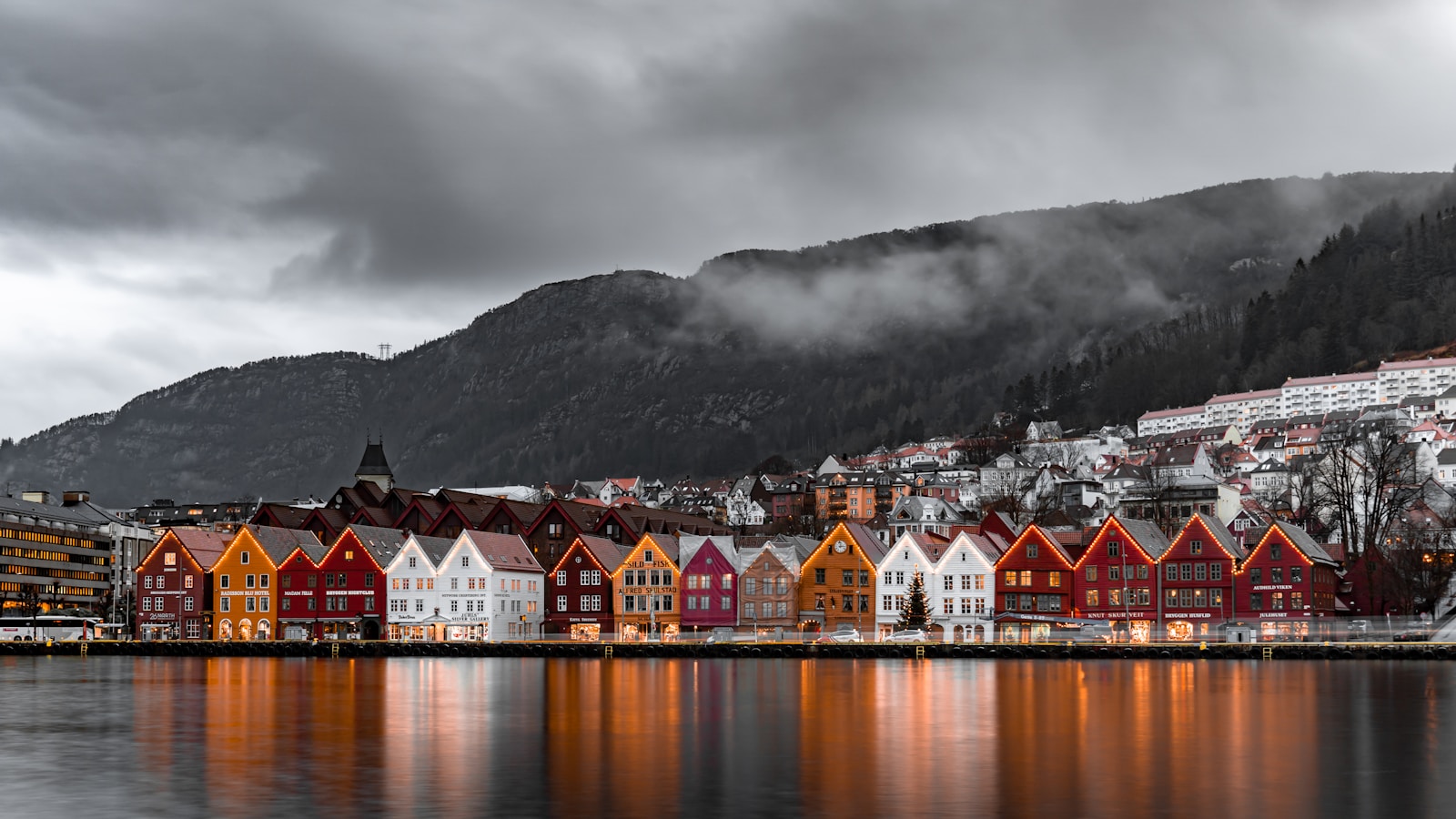Understanding Norway’s Digital Nomad Visa
No one throws a parade for the bureaucrats, civil servants, or policy analysts who quietly draft visa laws to account for the way we work today. The architects of Norway’s Digital Nomad Visa are not front-page heroes, nor are the lawmakers debating the nuances of a freelance-fueled economy. But their work is quietly paving the way for thousands to experience life in one of the most beautiful countries on Earth.
Their goal is not to reinvent the world, but simply to build a bridge for you to stand on while you do your work, gaze at a Norwegian fjord, or perhaps even contribute to a local coffee shop’s economy. They’re not geniuses—in fact, most countries adapting to the demands of digital nomadism aren’t run by people hoping to reinvent the wheel. They’re decent at their craft, focused on making something that lets people thrive.
What Is the Norway Digital Nomad Visa?
The Norway Digital Nomad Visa is a tailored solution for remote workers seeking to live and work in Norway legally. Officially known as the “Independent Contractor Visa” under Norway’s immigration system, it allows professionals who work remotely to stay in the country for extended periods of time while continuing to earn income from clients or employers based outside of Norway.
This visa isn’t about reinventing immigration policy. It’s a midwife of sorts, born from economic realities and migratory patterns that simply need a legal structure to flourish. It’s a recognition that, in the age of Zoom and Slack, where you plant your feet doesn’t have to align with where your employer’s office is.
Who Can Apply?
The visa is designed for self-employed individuals or remote workers employed by companies outside of Norway. These workers must meet specific financial requirements to demonstrate their ability to support themselves without relying on Norwegian public benefits.
If you’re committed enough to the vision of pulling off early morning calls on one time zone while skiing under twilight skies on another, this visa might just be the bridge you need.
Requirements
- Proof of Income: Applicants must meet minimum income thresholds, which may vary with time. Generally, you’ll need to prove that your income is steady and sufficient to live independently.
- Remote Work: Your employer should be outside of Norway, or you should be self-employed with international clients.
- Health Insurance: Comprehensive health insurance is mandatory for anyone applying for this visa.
- Contractual Proof: Contracts or proof of ongoing work commitments may be requested as part of the application process.
Why Norway?
Why Norway, and not the Maldives or Guadalajara? For starters, it’s Norway, a place with a natural landscape so stunning it’s become shorthand for pristine, snow-globed perfection. But it’s also practical. Norway ranks high on global quality-of-life indices, and basic infrastructure like healthcare and public transit are world-class.
Moreover, the country’s strong emphasis on work-life balance makes it an ideal destination for remote workers who want to integrate professional productivity with outdoor adventures, cultural pursuits, or just a calmer pace of life. The visa isn’t just a ticket to a new life somewhere scenic; it’s an invitation to live deliberately, in a country that all but enshrines that idea.
How to Apply
Applications for the Norway Digital Nomad Visa can generally be done through the Norwegian Directorate of Immigration (UDI) website. Applicants will need to submit a detailed application, including personal documents, proof of income, health insurance, and evidence of their remote work setup.
Remember, this visa isn’t just in place to let you exist in Norway while working remotely; it’s designed to see if you’ll thrive. And while it might feel like one more layer of bureaucracy to wade through, consider it part of the process of planting yourself in one of the most awe-inspiring places in Europe.
The Bigger Picture
This evolution in visa offerings reflects a larger trend happening across the globe. Once upon a time, a job was tethered to a building, and your passport was tethered to the economic significance of that building. Today, visas like Norway’s are quietly dismantling that tether in favor of something a little more flexible.
Digital nomad visas, like pieces of connective tissue, are building a bridge between an ancient idea—borders—and a thoroughly modern reality. Norway’s visa is not the first to emerge, nor will it be the last. But it’s yet another example that people working with laptops on their laps, skis at their feet, and fjords in their view are not an anomaly. They’re a movement.
“`
